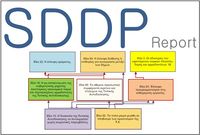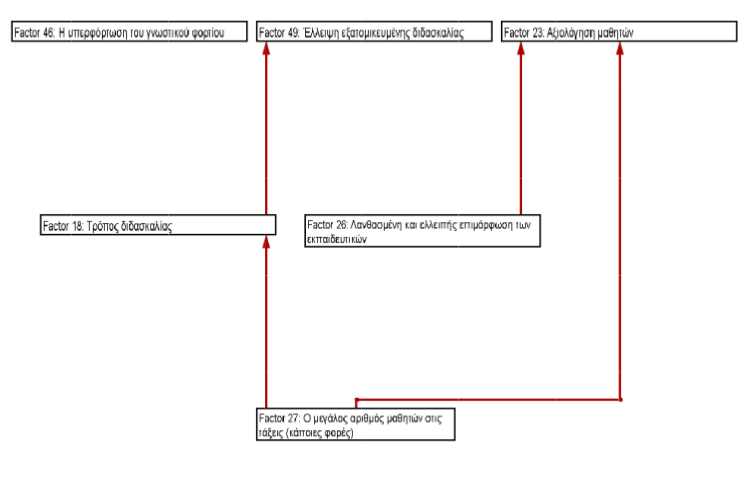E-Hoop SDDP Cyprus: Difference between revisions
Chrystalla (talk | contribs) (Created page with "{{SDD_Report <!-- The name of the template --> |acronym=E-Hoop SDDP Cyprus <!-- Append to variable acronym the conte...") |
Chrystalla (talk | contribs) No edit summary |
||
| Line 10: | Line 10: | ||
|stats=Participants=12 <br> Number of ideas=50 <br>Number of Clusters=7 <br> Ideas received Votes=23 <br> Ideas on MAP R=6 <br>Spreathink ST=40% <br>Situational Complexity SCI=1,4% | |stats=Participants=12 <br> Number of ideas=50 <br>Number of Clusters=7 <br> Ideas received Votes=23 <br> Ideas on MAP R=6 <br>Spreathink ST=40% <br>Situational Complexity SCI=1,4% | ||
|dates=8 February 2014 | |dates=8 February 2014 | ||
| | |[[Media:E-Hoop SDD Cyprus Report.pdf|Download Report]] | ||
}} | }} | ||
Revision as of 03:41, 28 March 2014
|
Executive Summary
The Structured Dialogic Design co-laboratories are organized with aim to analyze the needs of the intended users with respect to their learning needs, as well as their needs with regards to the e-Hoop platform. The intention is to identify obstacles that prevent learners from benefiting maximally from their current educational institution due to differences (disabilities, socioeconomic background etc.), using the Structured Dialogic Design Process (SDDP).
University of Cyprus organized on the 8th of February 2014 a co-laboratory in order to accumulate the collective wisdom of experts regarding the obstacles that limit learners from benefiting maximally from their respective educational institutions because of their differences. The co-laboratory was attended by 12 participants.
The Triggering Question (TQ) of the first workshop was:
"What are typical obstacles that limit learners from benefiting maximally from their respective educational institutions of their differences?"
In response to the TQ, the 12 participants came up with 50 ideas, which were categorized in 7 clusters. Following the voting process, 23 ideas received one or more votes and were structured to create the influence MAP shown below.
According to the participants of this workshop, the ideas that appear to be the most influential were:
- Idea #27: Ο μεγάλος αριθμός μαθητών στις τάξεις (κάποιες φορές)
- Idea #18: Τρόπος διδασκαλίας
- Idea #26: Λανθασμένη και ελλειπής επιμόρφωση των εκπαιδευτικών
- Idea #46: Η υπερφόρτωση του γνωστικού φορτίου
- Idea #49: Έλλειψη εξατομικευμένης διδασκαλίας
- Idea #23: Αξιολόγηση μαθητών
The workshop was mainly facilitated by Yiannis Laouris and Katerina Fotiou (CNTI).
In sum, the participants of the dialogue reported their satisfaction that they had the opportunity to exchange ideas via the structured dialogue process which empowered them to identify the obstacles that can be a barrier to students to benefit on the maximum from the educational institutions due to their differences.

